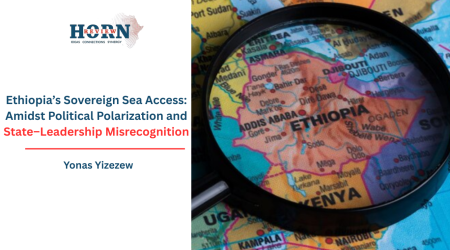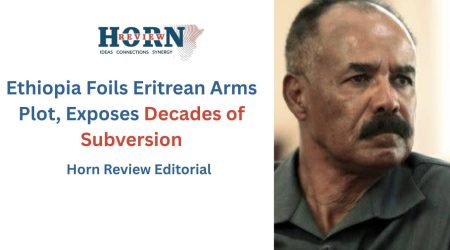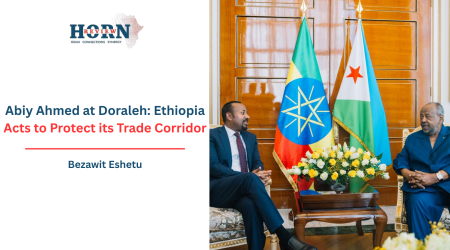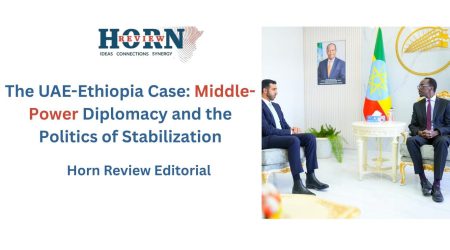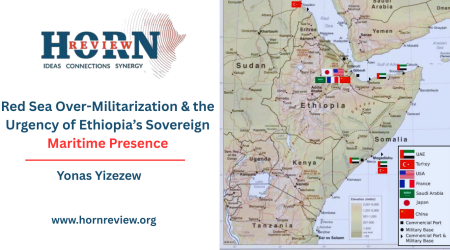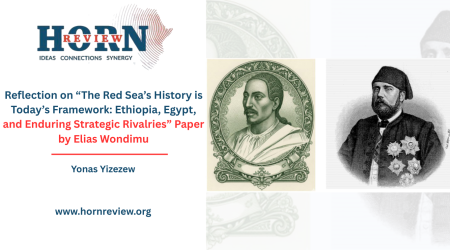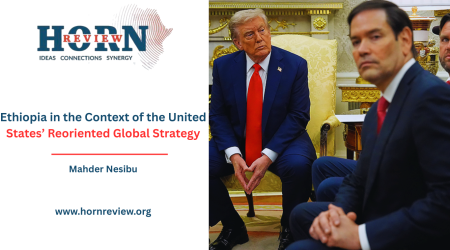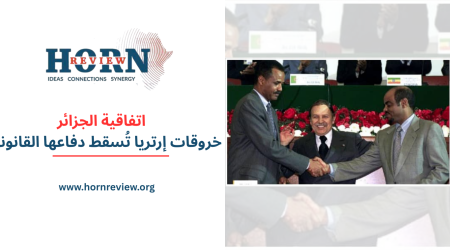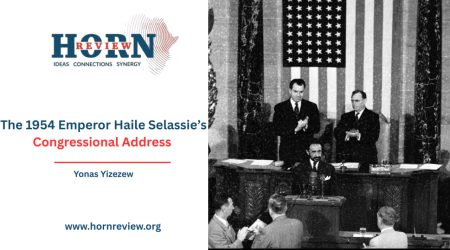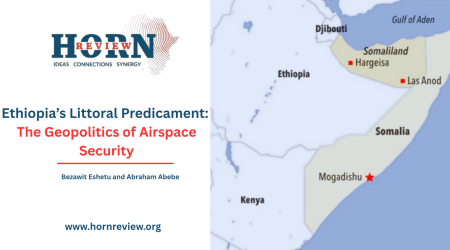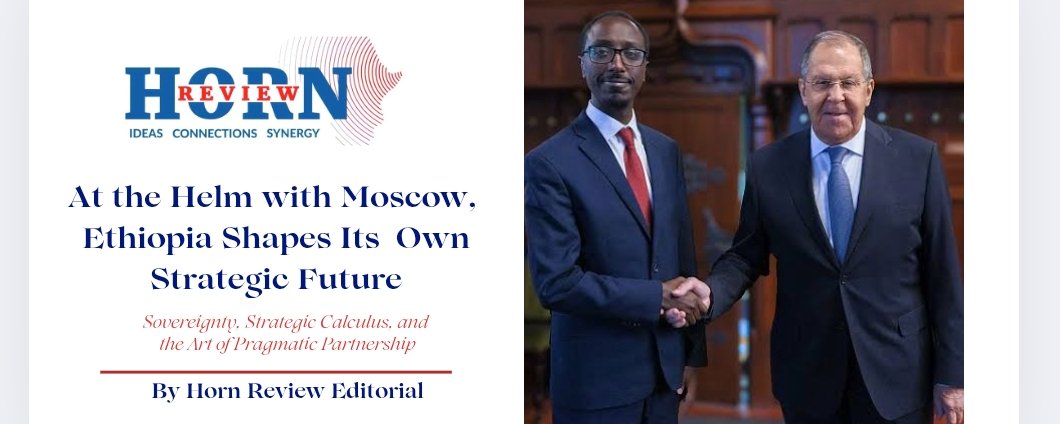
24
Oct
At the Helm with Moscow, Ethiopia Shapes Its Own Strategic Future
Sovereignty, Strategic Calculus, and the Art of Pragmatic Partnership
Ethiopia’s recent diplomatic engagement with the Russian Federation, culminating in the official visit of Foreign Minister Gedion Timothewos, exemplifies a sophisticated exercise in sovereign statecraft. Beyond ceremonial formalities, the visit reflects Ethiopia’s deliberate calibration of its international partnerships, leveraging historical affinities while advancing its contemporary developmental and strategic imperatives. This engagement illustrates the delicate art of pursuing national interests in a multipolar environment, where agency, credibility, and strategic foresight must be carefully harmonized.
In his post-visit statement, Timothewos emphasized discussions on the Nuclear Power Plant project, cross-sectoral cooperation, and the historical bond linking Ethiopia and Russia. The deliberate articulation of these domains conveys Ethiopia’s dual strategy: to pursue tangible, high-impact collaboration while maintaining a posture of sovereign autonomy and projecting a credible, disciplined image to both regional and global audiences. In this formulation, diplomacy is as much about symbolic assertion of agency as it is about operational cooperation.
The strategic fulcrum of the visit, however, is encapsulated in Russian Foreign Minister Sergey Lavrov’s assurance that Moscow is prepared to “respect Ethiopia’s priorities in the domain of military cooperation.” At first glance, the statement may appear pro forma, yet its semiotic and practical significance is considerable. By foregrounding Ethiopia’s prerogatives, Russia effectively concedes agenda-setting authority to Addis Ababa. Any military-technical cooperation – encompassing training, selective equipment support, or technical modernization – is explicitly demand-driven, contingent upon Ethiopian prioritization. This arrangement underscores Ethiopia’s capacity to pursue defense modernization and technical advancement without ceding strategic discretion, simultaneously maintaining regional credibility and internal legitimacy.
Concomitantly, discussions extended to energy, trade, and scientific-technical cooperation. Russia’s ambassador highlighted readiness to assist in upgrading Soviet-era power infrastructure, directly advancing Ethiopia’s objective of energy sovereignty. The Nuclear Power Plant project, discussed in technical and institutional terms, embodies Ethiopia’s long-term developmental trajectory, linking industrialization, technological autonomy, and multilateral engagement. Moscow’s acknowledgment of Ethiopia as a potential host for the 2026 Russia–Africa Summit further reinforces Addis Ababa’s diplomatic centrality and the country’s capacity to exercise influence within continental deliberative spaces.
The visit is analytically instructive for several reasons. First, it demonstrates Ethiopia’s adeptness at balancing sovereign partnership with selective strategic alignment: engaging a major power where interests converge while retaining freedom of maneuver in sensitive domains, including maritime-access ambitions and Horn-wide security issues. Second, it illustrates how emerging powers can operationalize agency within asymmetric relationships, leveraging technical cooperation and historical ties to advance developmental and security priorities without compromising autonomy. Third, it signals to regional and global observers that Ethiopia’s foreign policy is rational, calibrated, and credibility-driven, eschewing transactional dependency in favor of strategic prudence.
In synthesizing these elements, the Moscow visit emerges as a paradigmatic case of measured, sophisticated diplomacy. Ethiopia’s approach combines historical awareness, forward-looking industrial and energy planning, and assertive strategic agency, all while cultivating cooperative modalities that advance national interest. By centering sovereign priorities – particularly in military-technical cooperation – Ethiopia projects an image of a state capable of negotiating with global powers on terms defined by its own objectives, a model of principled engagement in a multipolar, often volatile, regional and international system.
By Horn Review Editorial

